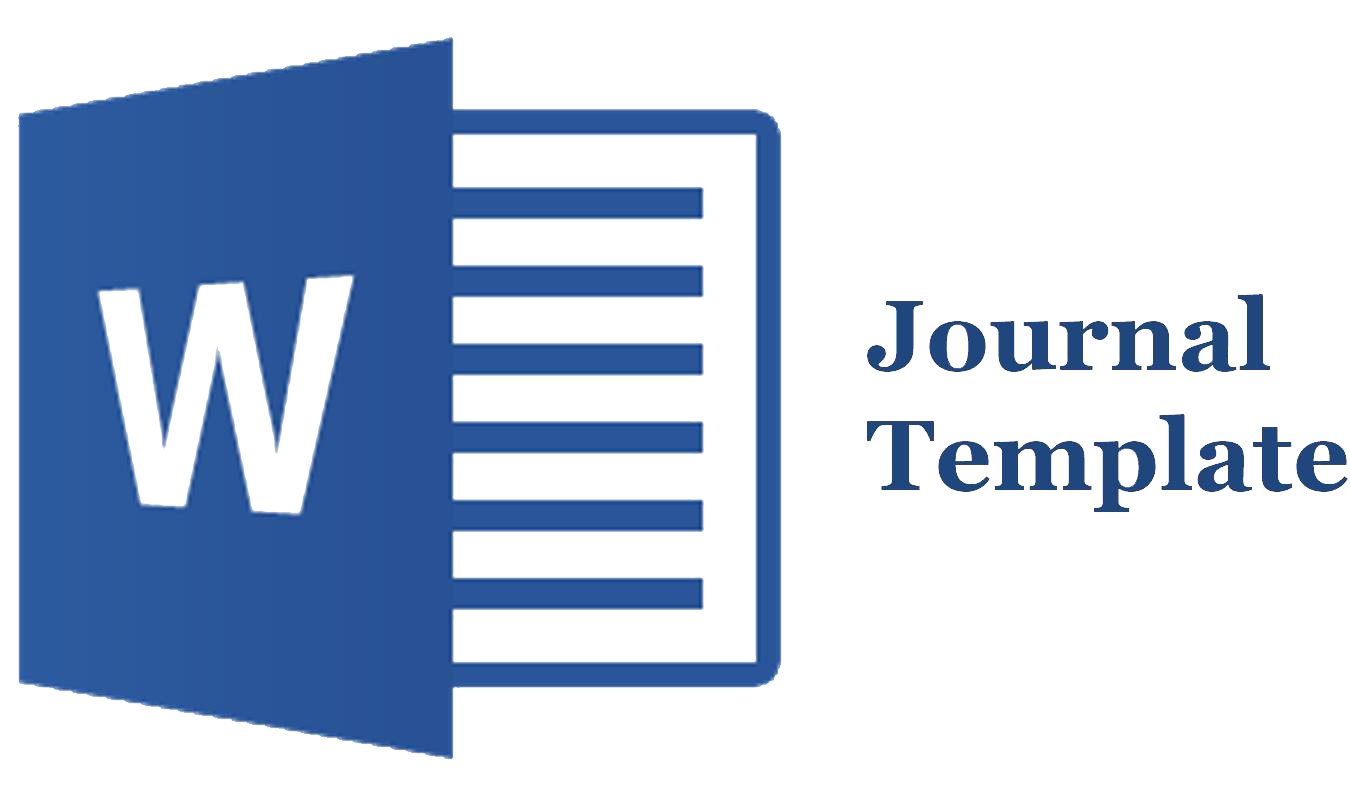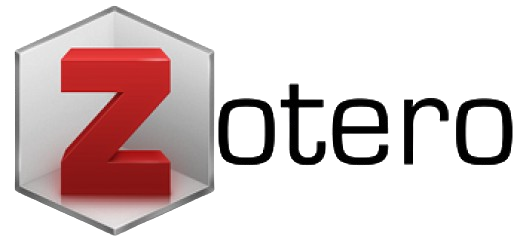Analysis of the Implementation of Marine Environmental Management to Support Village SDGs: Case Study in Kalibaru Village, North Jakarta
Abstract
This study aims to analyze the implementation of marine environmental management in Kalibaru Village and its contribution to the achievement of the Sustainable Development Goals (SDGs), particularly Goal 14 on the conservation of marine ecosystems. The research focuses on evaluating local policies and identifying key challenges, including limited funding, technical capacity, low community awareness, and inadequate technological support. The study employed a qualitative method with a case study approach. Primary data were collected through interviews with village officials, sub-district government representatives, fishermen, and community leaders, as well as field observations of the local marine environment. Data were analyzed using thematic coding techniques to identify significant patterns in management practices. The findings reveal that although policies such as waste management and fisheries regulation exist, their implementation remains weak. High levels of marine pollution from plastic and industrial waste, coupled with low public awareness, have resulted in poor environmental conditions. Nevertheless, there has been progress in increasing environmental awareness, improving stakeholder coordination, and stabilizing fish stocks, which has positively impacted fishermen’s livelihoods. In conclusion, marine environmental management in Kalibaru Village has shown some progress but remains limited. Strengthening regulations, enhancing technical capacity, and providing sustainable funding and technology are essential to make management more effective and contribute significantly to the achievement of the Village SDGs
Keywords:
Kalibaru Village, Marine Ecosystem, Marine Environmental Management, SDGsDownloads
References
How to Cite
Published
Issue
Section
License
Copyright (c) 2024 Muhammad Lukman Hakim hakim, Nita Aribah Hanif

This work is licensed under a Creative Commons Attribution-NonCommercial-ShareAlike 4.0 International License.
- Authors retain copyright and grant the journal right of first publication with the work simultaneously licensed under a Creative Commons Atribusi-Non Commercial-Share Alike (CC BY-NC-SA).
- Authors are able to enter into separate, additional contractual arrangements for the non-exclusive distribution of the journal's published version of the work (e.g., post it to an institutional repository or publish it in a book), with an acknowledgement of its initial publication in this journal.
- Every publication (printed/electronic) are open access for educational purposes, research, and library. Other than the aims mentioned above, the editorial board is not responsible for copyright violation.













